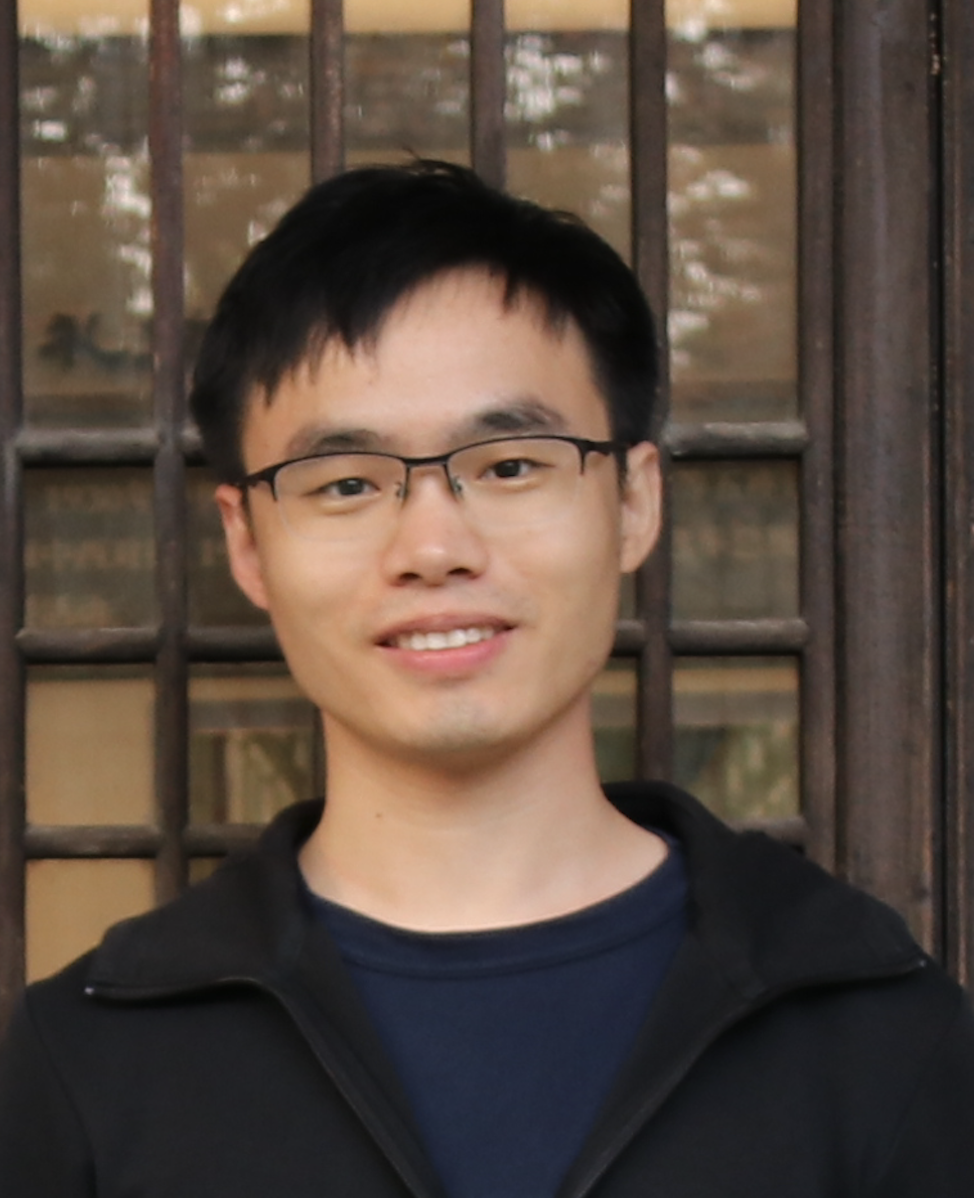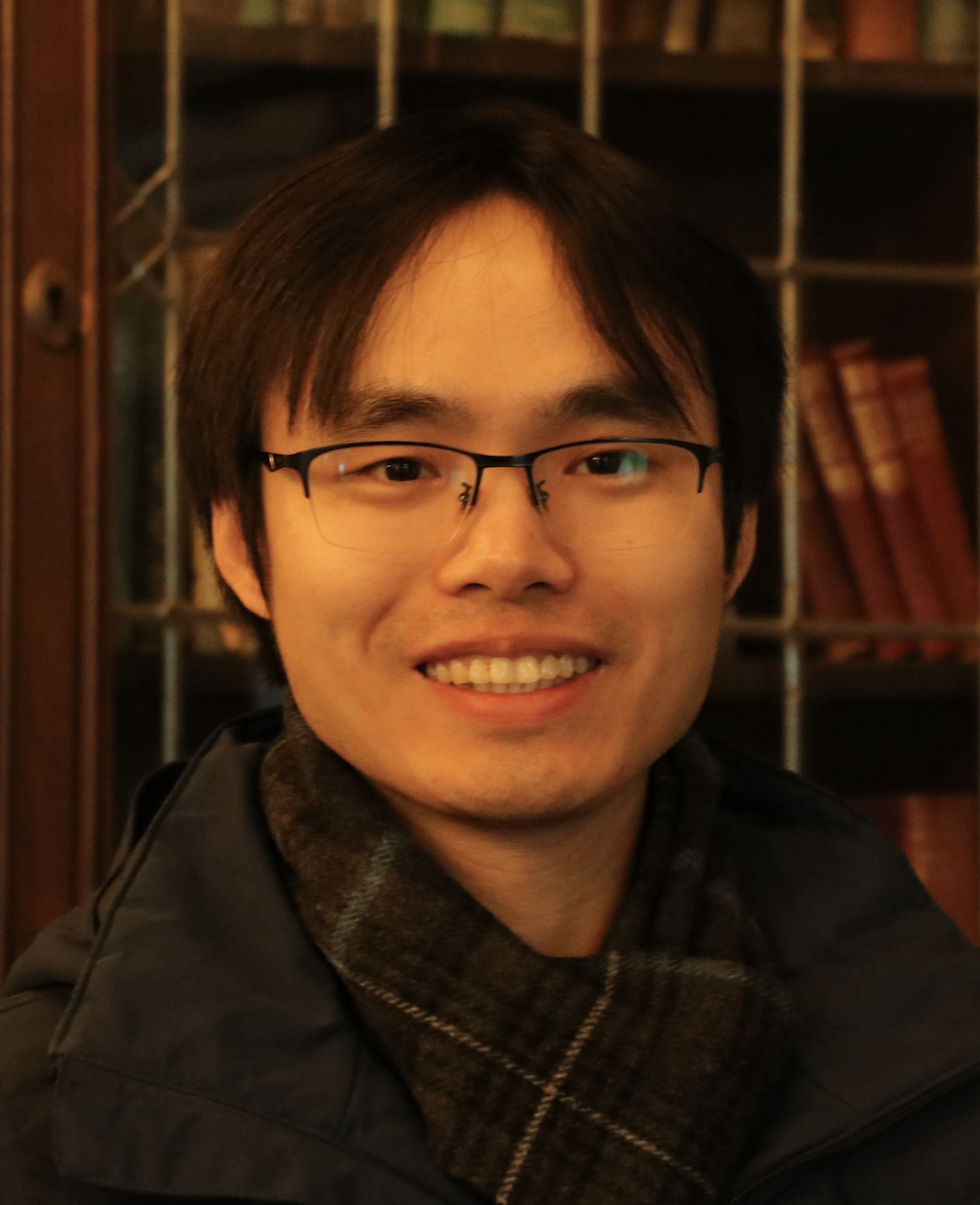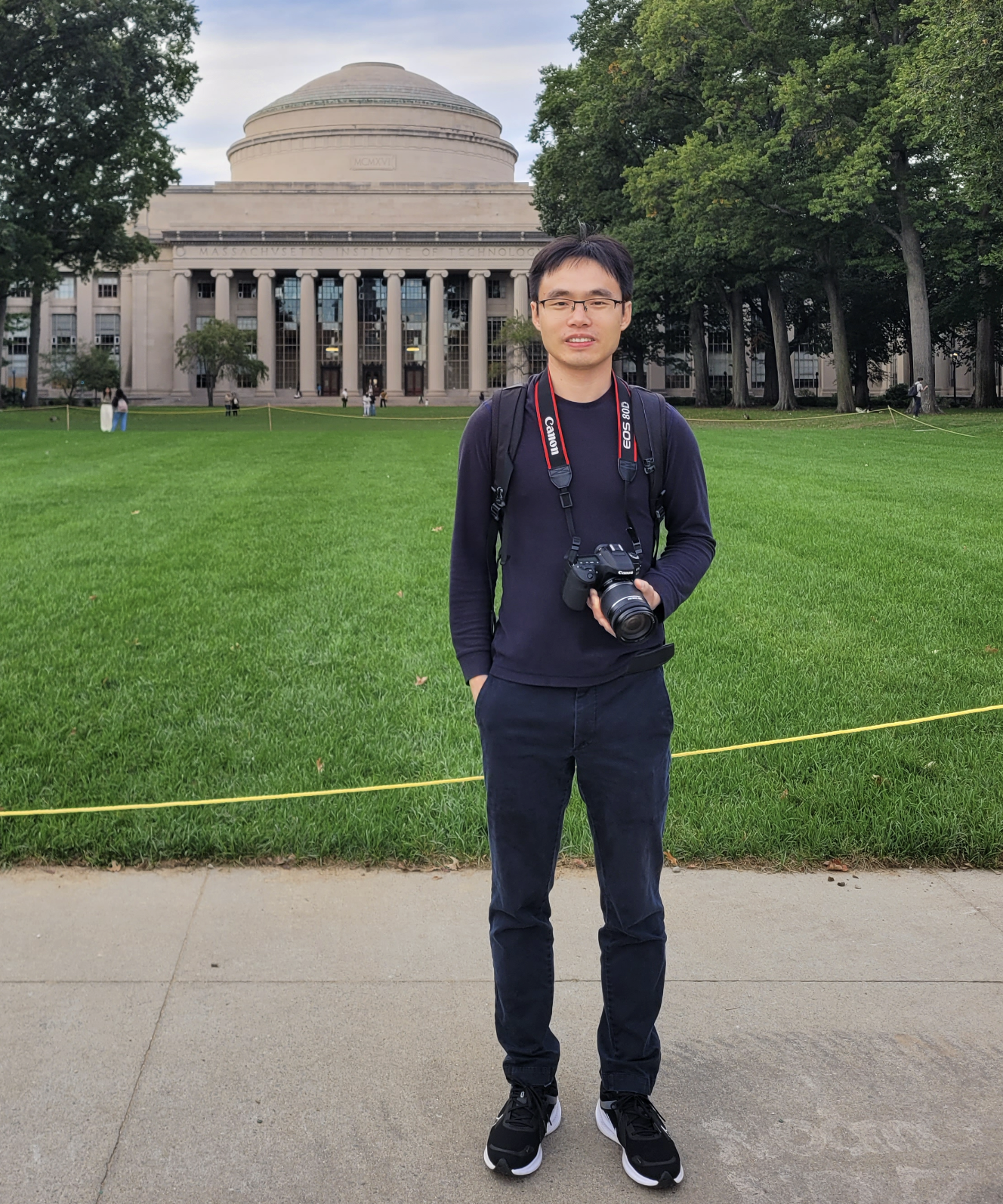About Me
I am Xinyu Chen (陈新宇), an Assistant Professor at the University of Central Florida (UCF) since January 2026. My research focuses on developing theoretical and interpretable machine learning methods for modeling spatiotemporal data and computational social science data. The model development from a machine learning perspective can be summarized as tensor computations for machine learning (Tensor4ML) and optimization for interpretable machine learning (Opt4ML). In practice, the spatiotemporal datasets are often multidimensional tensors, including human mobility, trajectory data, traffic flow, fluid flow, climate/weather variable data, energy consumption, and international trade data. Our work addresses key scientific problems in computational engineering such as:
-
Spatiotemporal data imputation & prediction: Imputing and forecasting spatiotemporal traffic data (e.g., urban traffic states, origin-destination flow) in the presence of missing values.
Keywords: Matrix decomposition; Tensor decomposition; Time series autoregression; Hankel matrix; Bayesian inference (e.g., MCMC); Conjugate gradient.
• [2022] "Bayesian temporal factorization for multidimensional time series prediction," IEEE TPAMI.
• [2024] "Forecasting urban traffic states with sparse data using Hankel temporal matrix factorization," IJOC.
• [2025] "Forecasting sparse movement speed of urban road networks with nonstationary temporal matrix factorization," Transportation Science.
Highlight: Integrating vector autoregression of temporal factor matrix into matrix and tensor factorization. -
Speed field reconstruction of traffic flow: Generating vehicular speed fields from partially observed trajectory data.
Keywords: Circulant matrix; Nuclear norm minimization; Laplacian regularization; Fast Fourier transform.
• [2024] "Laplacian convolutional representation for traffic time series imputation," IEEE TKDE.
Highlight: Accelerating the optimization of time series reconstruction with convolution and fast Fourier transform. -
Spatiotemporal pattern discovery: Discovering dynamic patterns from urban human mobility, international trade, and climate systems.
Keywords: Tensor decomposition; Time series autoregression; Dynamic mode decomposition; Orthogonal Procrustes problem; Conjugate gradient.
• [2024] "Discovering dynamic patterns from spatiotemporal data with time-varying low-rank autoregression," IEEE TKDE.
• [2025] "Dynamic autoregressive tensor factorization for pattern discovery of spatiotemporal systems," IEEE TPAMI.
Highlight: Identifying interpretable low-rank decomposition of spatiotemporal time-varying autoregression. -
Time series periodicity quantification: Quantifying periodicity and seasonality of urban human mobility (i.e., daily/weekly regularity) and climate systems (i.e., yearly seasonality). Periodicity is key to time measurement.
Keywords: Interpretable machine learning; Time series autoregression; Sparse \(\ell_0\)-norm optimization; Subspace pursuit; Mixed-integer optimization.
• [2025] "Correlating time series with interpretable convolutional kernels," IEEE TKDE.
• [2025+] "Interpretable time series autoregression for periodicity quantification."
• [2025+] "Data-driven discovery of mobility periodicity for understanding urban systems."
Highlight: Reformulating \(\ell_0\)-norm induced sparse autoregression of time series as a mixed-integer optimization problem. -
Causal discovery from structured data (new)
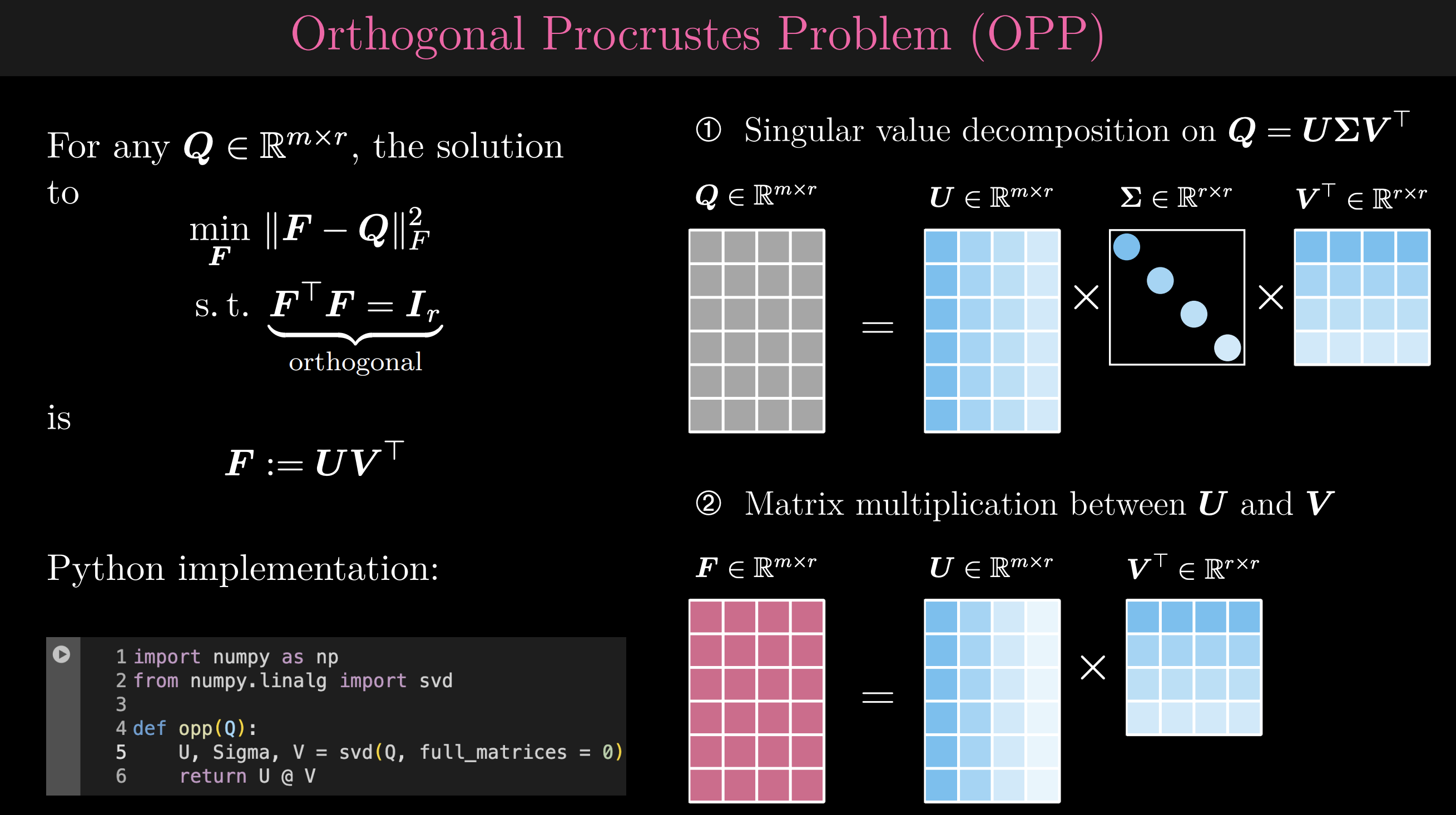
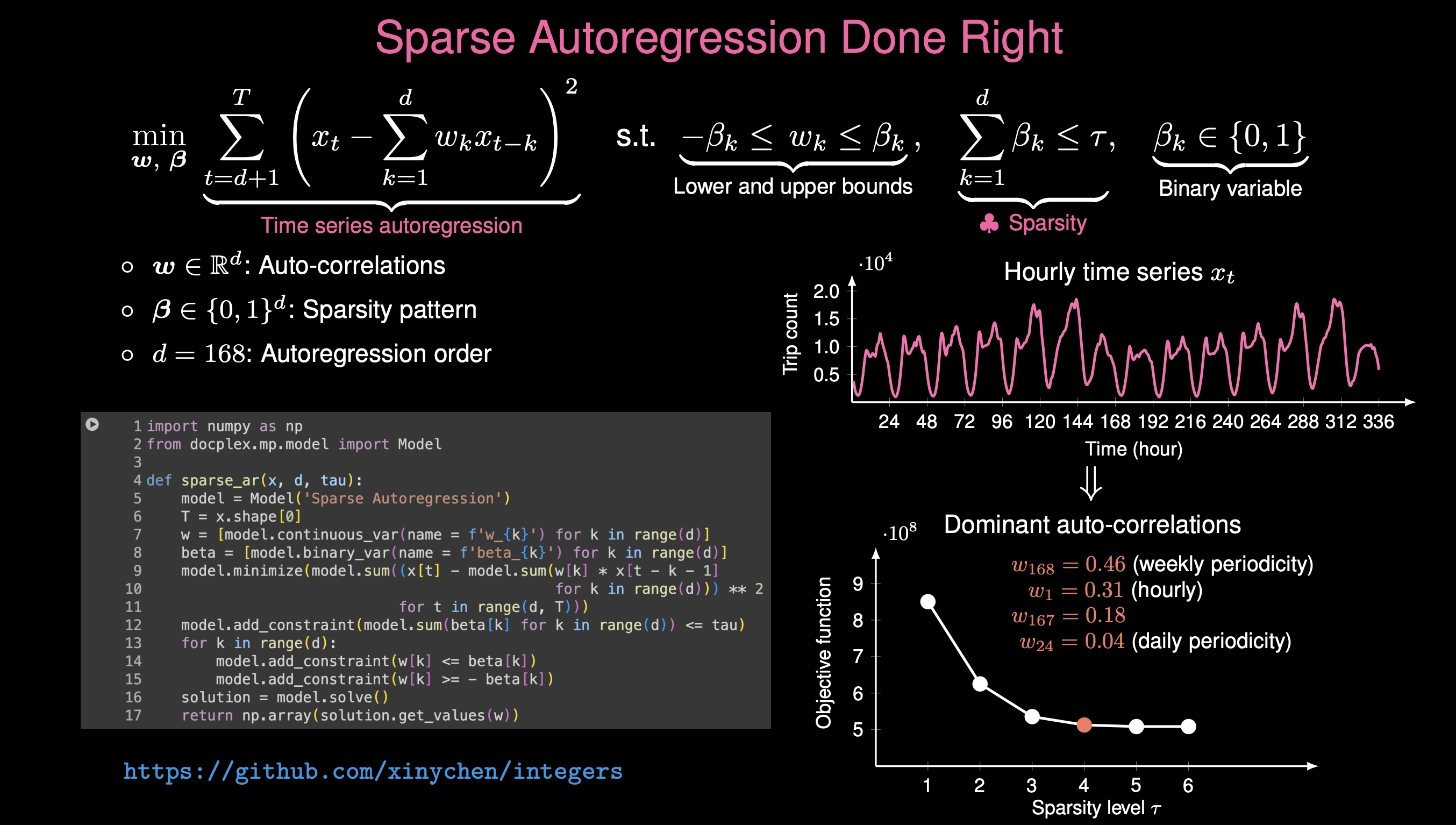
Until now, our research work has been published in top-tier scientific journals such as:
-
IEEE journals: IEEE Transactions on Knowledge and Data Engineering (TKDE), IEEE Transactions on Pattern Analysis and Machine Intelligence (TPAMI).
-
INFORMS journals: INFORMS Journal on Computing (IJOC), Transportation Science (TS).
As a strong advocate of open-source and reproducible research, I actively share datasets, Python codes, and tutorials on GitHub and consider how to make tangible contributions to the research community. I lead several innovative projects, including transdim (machine learning for transportation data imputation and prediction, 1.3k+ stars) and awesome-latex-drawing (academic drawing examples in LaTeX, 1.8k+ stars), with 700+ GitHub followers and 5.5k+ stars in total. I am now leading the Spatiotemporal Data Computing project (5k+ unique visitors) on GitHub and regularly updating the tutorials related to data science & machine learning:
-
Time Series Modeling: Time series convolution
-
LaTeX Visualization: Awesome LaTeX drawing
-
Interactive Visualization Tools: Time series periodicity
Archive
vistors & views since September 2021
